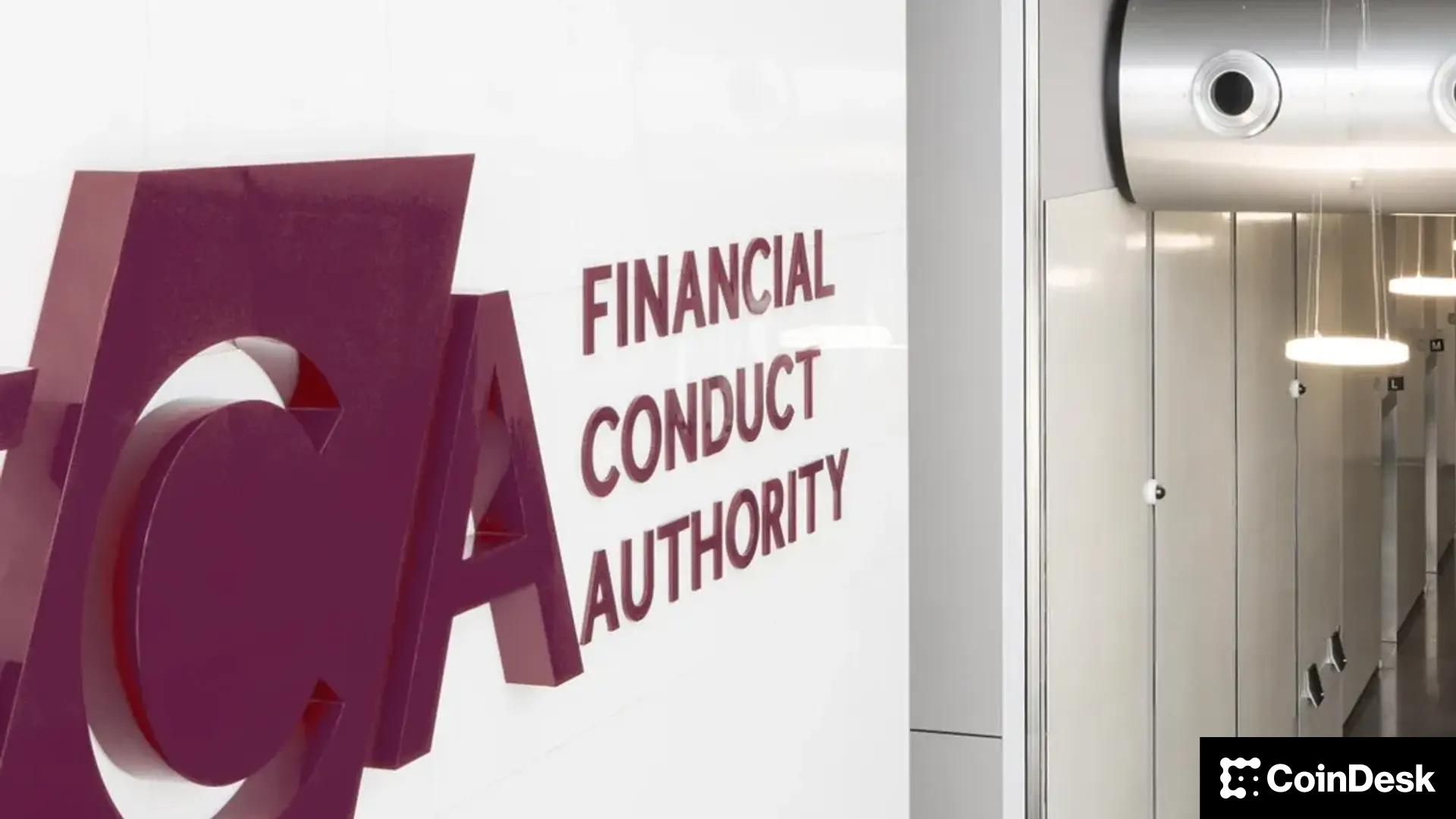“ClearToken won authorization from the UK’s FCA to roll out CT Settle, a delivery-versus-payment settlement system for crypto, stablecoins and fiat currency.”, — write: www.coindesk.com
The London-based market infrastructure firm aims to solve one of the industry’s longest-standing pain points: capital inefficiency caused by the pre-funding of trades on exchanges and OTC markets, the company said Tuesday.
CT Settle enables true DvP settlement, allowing assets and payments to move simultaneously, reducing counterparty risk and freeing up capital by eliminating the need for prefunded collateral, the company said.
Backed by Nomura subsidiary Laser Digital among other investors, ClearToken is building a post-trade infrastructure for 24/7 digital markets. Its systems are designed to bring the risk management and legal certainty of traditional finance to crypto trading, mirroring models like CLS in foreign exchange.
Beyond CT Settle, the company plans to introduce a central counterparty clearing house (CCP), pending Bank of England approval, and extend its services to tokenized securities through the UK’s Digital Securities Sandbox.
The company is one of two added to the FCA’s registry of licensed crypto service providers this month. X Capital Group secured approval on Nov. 4.
 A deep dive into Zcash’s zero-knowledge architecture, shielded transaction growth, and its path to becoming encrypted Bitcoin at scale.
A deep dive into Zcash’s zero-knowledge architecture, shielded transaction growth, and its path to becoming encrypted Bitcoin at scale.
- Shielded adoption surgedwith 20–25% of circulating ZEC now held in encrypted addresses and 30% of transactions involving the shielded pool.
- The Zashi wallet made shielded transfers the default, pushing privacy from optional to standard practice.
- Project Tachyonled by Sean Bowe, aims to boost throughput to thousands of private transactions per second.
- Zcash surpassed Monero in market share, becoming the largest privacy-focused cryptocurrency by capitalization.
View Full Report

The rules classify crypto activities as subject to foreign exchange and capital market rules, and require reporting of international transactions.
- Brazil’s central bank introduced new regulations for crypto service providers, requiring licenses and establishing capital requirements.
- The rules classify crypto activities as subject to foreign exchange and capital market rules, and require reporting of international transactions.
- Firms have nine months to comply, and foreign firms serving Brazilian clients must establish a local entity or risk being barred.
Read full story
